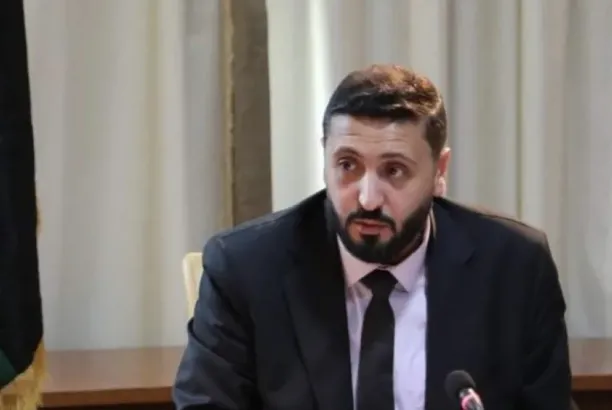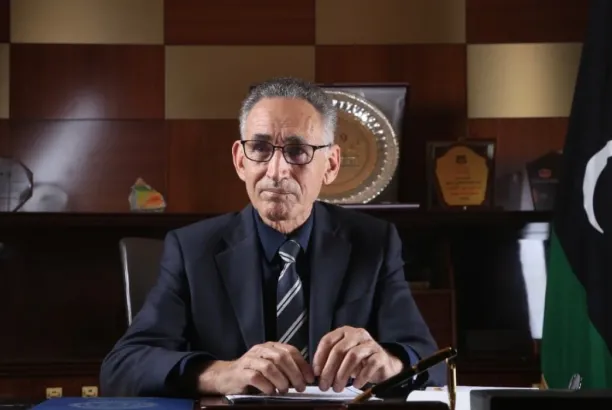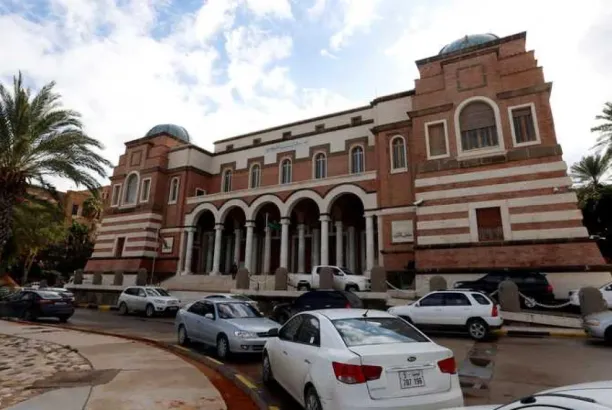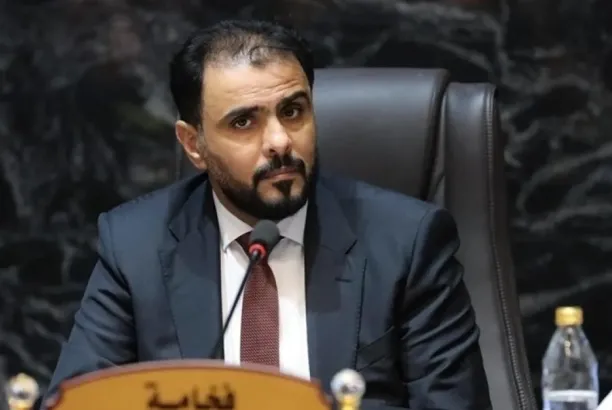
| News
Shriha to Sada: “Oil Prices Are Declining and There’s a Real Risk of a Major Deficit in the Upcoming Budget”
Oil analyst Engineer Masoud Shriha analyzed the relationship between the US dollar exchange rate and the Libyan dinar through oil marketing operations, presenting an unstable future outlook for Libya’s economy under the current administration of the National Oil Corporation.
In a statement, Shriha indicated that the average oil price in 2024 was around $80 per barrel, while in the first half of 2025, it dropped to $67 per barrel. As a result, a projected deficit of about $3.5 billion is expected by the end of the current year — signaling the onset of a price war in global markets, further drops in oil prices, and deepening budget deficits for the Libyan state.
The oil expert explained that the swap system is a globally used mechanism employed by the Corporation’s administration for marketing. He noted that halting this system will not solve problems such as smuggling or dealings with obscure brokerage firms — especially with the individual named Farhat and his backers. On the contrary, he estimates that suspending the system could cost the state up to $30 million annually.
He added that the Corporation’s administration is causing Libyan oil to be sold below its market value, with an estimated loss of $1.5 per barrel — amounting to an annual loss of around $450 million. This only worsens Libya’s oil revenue losses amid the general global price decline seen this year.
He continued: “We presented a proposal to the Corporation’s administration addressing a comprehensive approach to the issues of swaps and smuggling, in addition to clarifying the misunderstood concept of the swap system, which has been inaccurately portrayed by some parties — leading to misleading information being passed to the Prime Minister.“
He stressed: “If the Prime Minister truly seeks investment and profit, he must take immediate steps to counter losses — which are no less significant than those caused by smuggling or unofficial oil sales. He must understand that bridging these gaps is key to the solution, and that change has become a national duty.“
He concluded: “These issues reflect undeniable indicators, supported by detailed evidence we possess. While we can’t reveal everything through the media, we call for corrective measures that uphold transparency.“





